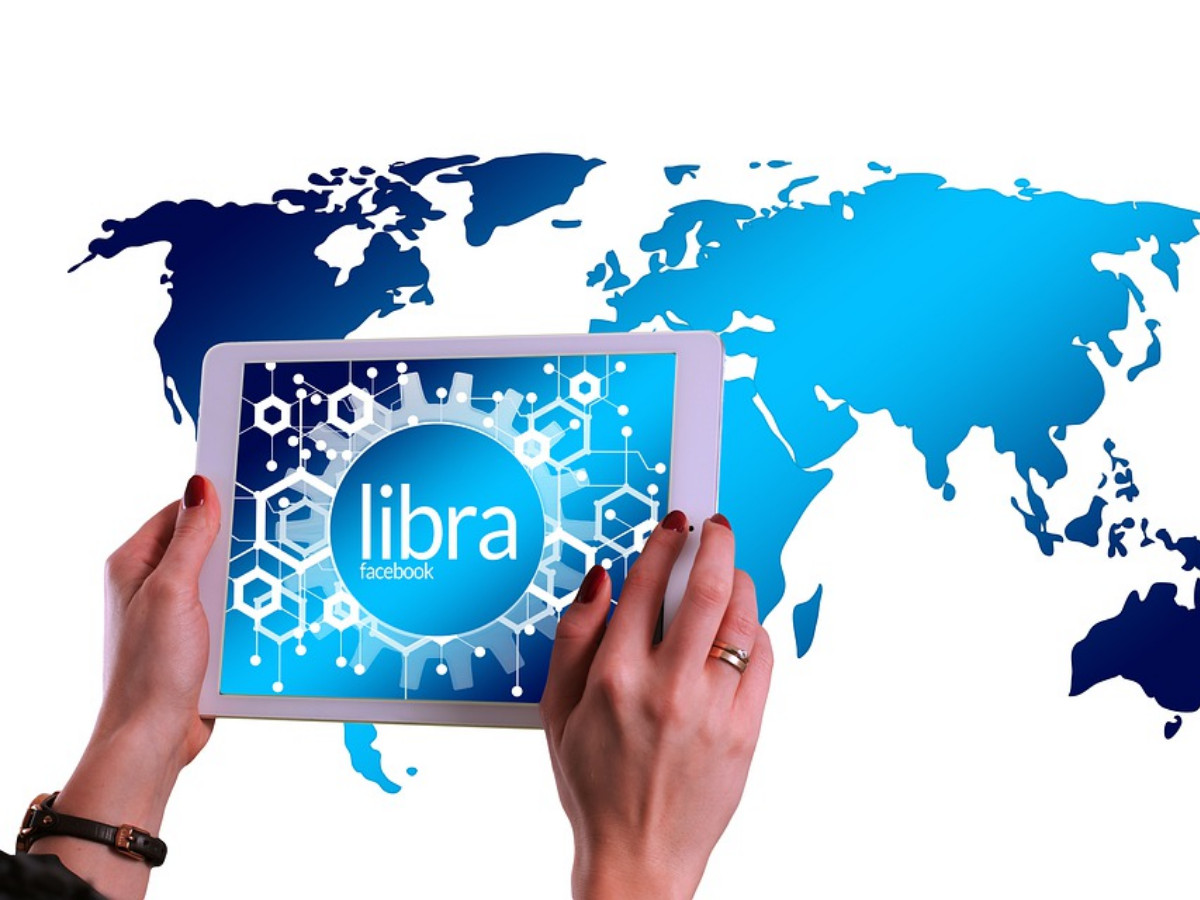
Source: geralt / © pixabay
All in on Bitcoin: LINE, Rakuten & others bet on future of Facebook’s Libra and cryptocurrencies
- Tags:
- bitcoin / cryptocurrency / Facebook / Libra / LINE / Rakuten / stablecoin
Related Article
-

Tokyo’s LINE Friends pop-up cafe has cutest menu around for fans of Brown and Cony
-

LINE property information service expands to cover Tokyo and Kanagawa
-

Dog food maker Petokoto offers free LINE veterinary consultation
-

The Way These Japanese Airline Baggage Handlers Unload a Plane is Surprising a Lot of People
-

So A “Dislike” Button’s Coming To Facebook? Meanwhile in Japan…
-

World’s first NFTs of Vtuber visual assets go on sale; Cocoa Domyoji & Saki Ashizawa in Round 1


Last year, Facebook’s announcement of its Libra stablecoin, a type of cryptocurrency pegged to a basket of world currencies, met with much fanfare. But world leaders like the United States, France, and other EU members balked at the proposition.
Their hesitation may be warranted. The currency establishes the Libra Foundation, an extension of Facebook. With the sole ability to mint the digital coin, it serves as a de facto central bank. Critics of the project are also quick to label the financial endeavor a danger to the current monetary system. In their minds, the stablecoin represents a private International Monetary Fund operated by Big Tech. Libra could, government leaders fear, challenge the monetary sovereignty of countries if not scrupulously regulated.
Japanese Officials Keep an Open Mind
Despite the perceived threat to international monetary policy, one country remains open to Libra’s promises: Japan. In a December speech, Haruhiko Kuroda, the Governor of the Bank of Japan, provided a forward-thinking and positive evaluation of Libra. While talking about Facebook's project, he asserted that "the Bank of Japan takes the position of promoting private-sector innovations."
Statements by Prime Minister Abe also echoed this sentiment while leaving the door open for future innovations in the space.
Public officials in Japan are likely right to think so. Blockchain, the technology underpinning cryptocurrencies such as Libra and Bitcoin, isn’t going anywhere. Market research company Gartner predicts significant growth in the industry over the next decade. The technology is also impossible to stamp out or rollback. Raising the stakes, China, Venezuela, Russia, and Iran are moving forward in the space in an attempt to undermine Western financial influence.
Businesses in Japan aren’t Flinching
Despite numerous setbacks, big businesses in Japan are steadfast in their support of blockchain. The Japanese online broker Monex Group, for example, has embraced Libra. In July 2019, the company applied to be part of the Libra Association. Far from trivial, the process involves negotiations and requires companies to purchase at least $10 million of the cryptocurrency.
Monex also joined SBI Securities, Daiwa Securities, and three other major Japanese exchanges to create the Security Token Offering Association. Through their combined efforts, the group is advancing the self-regulation of the digital token space. If the self-regulatory body can deliver on its mission statement, the association is likely to further the adoption of digital securities and currencies such as Libra.
Messaging giant LINE and E-commerce group Rakuten are also fostering adoption, investing in digital currency exchanges. After receiving regulatory approval, both companies integrated cryptocurrency storage software into their platforms. Known as "wallets," the software will help funnel customers into cryptocurrency usage.
Rakuten also allows customers to exchange loyalty points from its online shopping platform into various digital coins such as Bitcoin. Despite this noteworthy move, Rakuten isn't the first corporation to offer the service. Rewards card maker Tpoint launched a similar program for its T-Card holders earlier in the year.
Finally, the railway company Kintetsu is experimenting with blockchain technology. The company is trialing its Kintetsu Shimakaze Coin in Mie, a destination popular with tourists. The digital coin functions like a video arcade token (i.e., scrip). It can be spent at numerous establishments throughout the region.
Previously Kintetsu, alongside think-tank Mitsubishi Research Institute, trialed other similar cryptocurrencies. Earlier in the year, it tested its Harukas coin at shopping centers in Osaka. At a one-to-one exchange value with the yen, consumers could shop with the currency or transfer it among themselves. Users markedly rated the technology as “easy to use” and responded that they’d continue using it in the future.
Early Adoption
Although private innovation isn’t limited to Japan, corporate optimism is conspicuous. In many ways, this is unsurprising.
Japan was an early adopter of Bitcoin, and the first major cryptocurrency exchange in the country was located in the country. The now-defunct Mt. Gox opened its doors in 2010, just a single year after the first Bitcoin transaction.
The country is also home to a notably financially literate populace. In 2017, bullish consumers heavily invested in the space helping digital assets reach excessive evaluations.
All of these are significant growth factors, but the current driver of adoption may be unexpectedly straightforward.
Compelling Regulation
While numerous governments have acted to outlaw or restrict the use of cryptocurrencies, Japan has taken a more measured approach. Rather than ban the technology outright, over the past number of years, regulators have tactfully worked to balance the needs of innovators and investors.
In general, officials are working to clarify the legislation governing crypto assets. They are defining legal terms, enacting consumer protections against hacking thefts, rolling out anti-money laundering/terrorism-funding regulations, and a host of other safeguards. Japanese ministers are also leveraging these innovations to assert a leadership role among G20 nations in terms of cryptocurrency regulation.
More importantly, however, by enacting regulation, Japan is removing the uncertainty surrounding digital assets. Legal clarity has emboldened Japanese companies like LINE and Rakuten. With a regulatory framework intact, businesses can innovate confidently.
And bold visions are critical in the current period of economic weakness. Amid plummeting exports, persistent deflation, and currency woes, businesses and governments are avidly searching for sources of growth. Households are feeling the pressure, too. Low wages, increased consumption taxes, and pension shortfalls have consumers tightening purse strings. Add to this limited investment opportunities, and it's easy to understand why consumers are anxious about their financial futures.
Indeed, everyone in Japan is in dire need of returns. After more than 20 years of deflation, that's not so hard to understand. For Japan, the off-the-charts growth potential of cryptocurrencies could undoubtedly provide relief. Even if it involves keeping a stiff upper lip in the meantime.